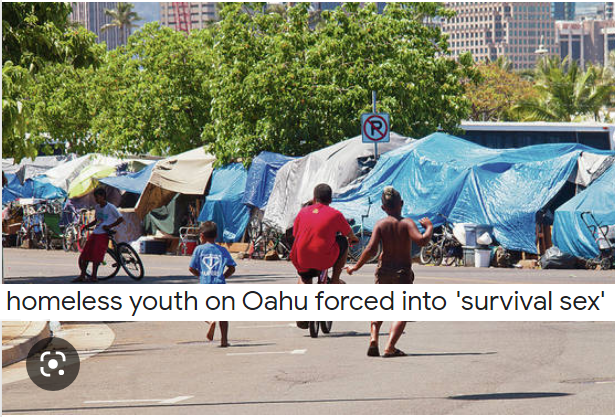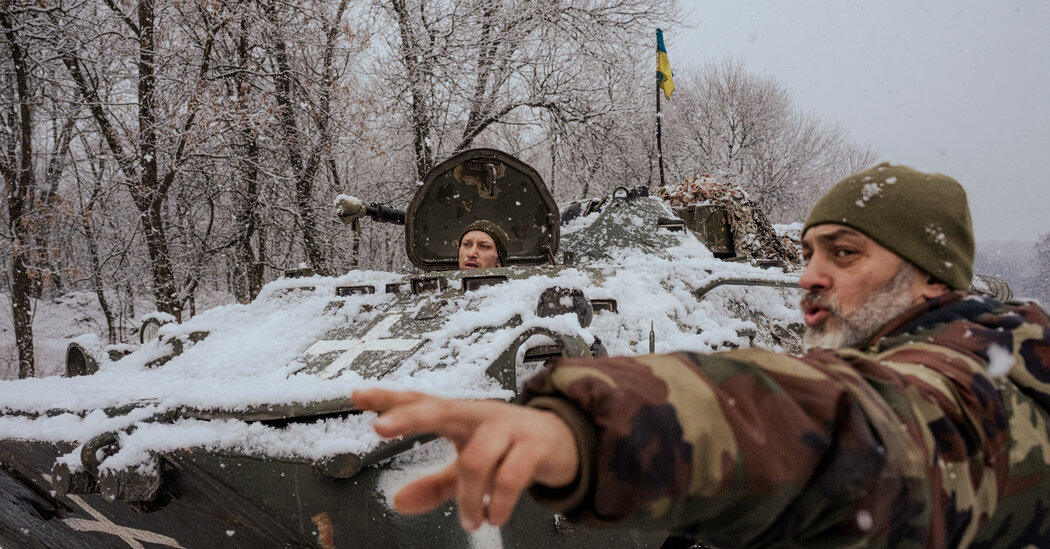

Tamils have lived on the Island for over 2000 years and their angst against the Republic is for issues in the last two centuries with land grabs and displacement targeted at them. Referring to them being “colonizers” is very irrelevant to the struggles in the country.








Investigated deeper into this so-called “basket of American dream essentials”: